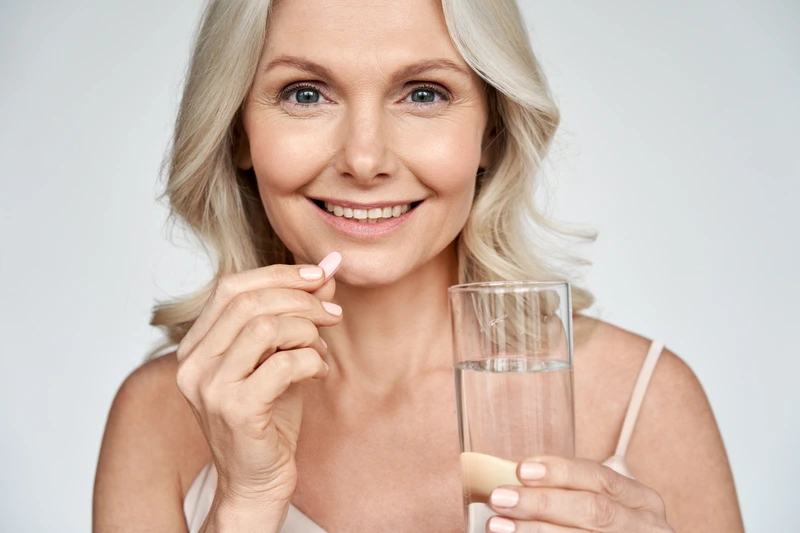Are there benefits to vitamin B for menopause? From vitamin B12 for energy and vitamin B6 for mood, learn why taking a vitamin B complex can promote well-being and assist with symptoms in perimenopause and menopause.
Vitamin B
I want to learn more about
All Vitamin B Articles

Dealing With Burning Mouth Syndrome (BMS) During Menopause
Last Updated: January 21, 2026


Vitamin B and Menopause: Can B Complex Ease Symptoms?
Last Updated: January 21, 2026


Supplements and Vitamins for Menopause
Last Updated: January 14, 2026
